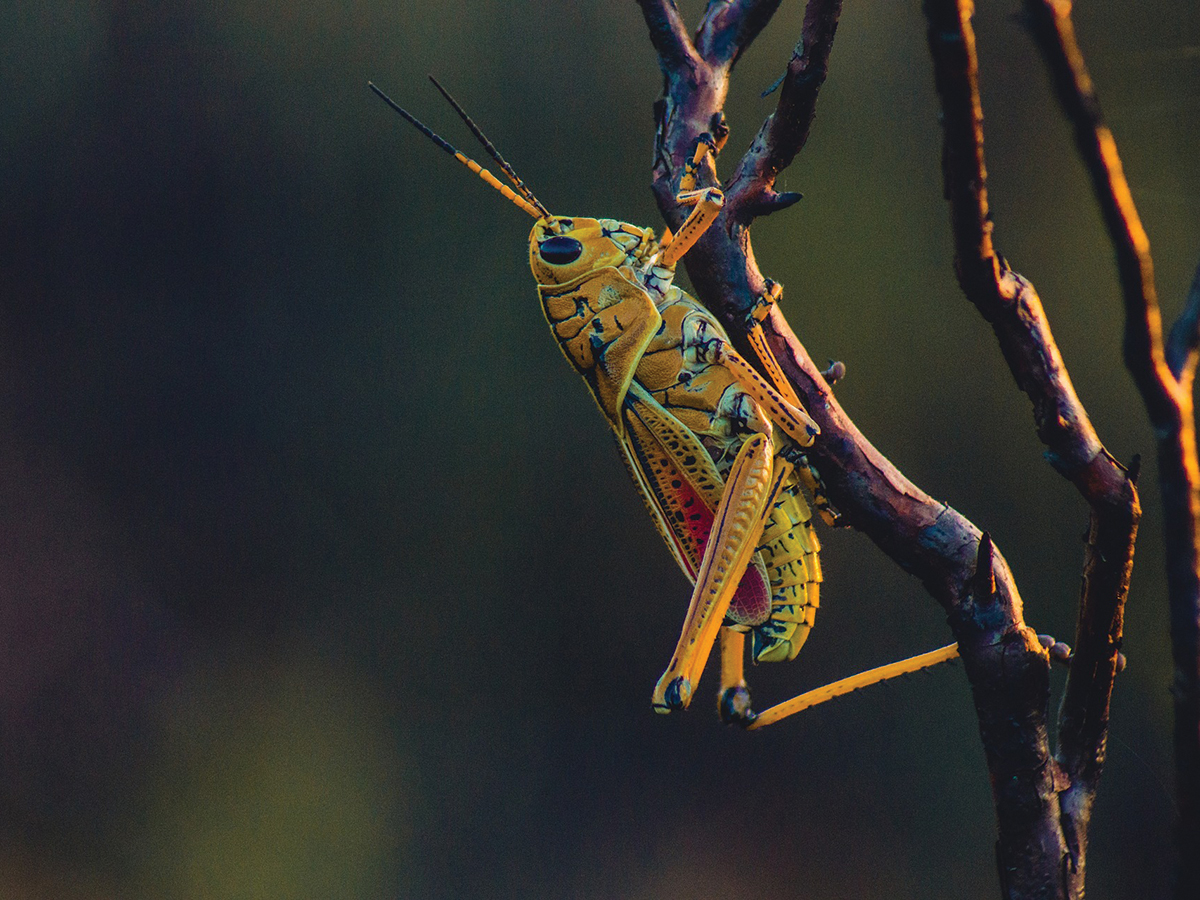
The National Science Foundation Research Traineeship (NRT) program has recently granted a sum of $3 million to multiple disciplines at UCR to study the potential of big data analysis on insect populations.
The money will be used to fund the NRT in Integrated Computational Entomology (NICE) program, which will launch in summer 2017. Led by UCR field leaders in more than five distinct disciplines, NICE will utilize the collaboration of UCR faculty leaders to further advancements related to insect populations in their respective fields, said Eamonn Keogh, the UCR professor of computer science and engineering, who initiated the practice of using sensors to study insects more than five years ago.
NICE, which will fund the research of more than 80 graduate students, will focus mainly on the spread of insect-borne diseases in relation to human illnesses and food waste. According to Keogh, many of the students in NICE will be using “video, microphones and other sensors to record insect behaviors. Data being collect(ed) could include the ‘brainwaves’ of a mosquito as it smells various attractants, or the buzzing sound (it) makes as it (flies) past a sensor, or the songs made by crickets looking for a mate.”
By automating data collection, NICE will allow researchers to better understand insect populations, according to Keogh. However, the ultimate goal is to eventually control them.
According to studies recently conducted by the United States Department of Agriculture and the Smithsonian Institution, insects directly and indirectly account for roughly one-third of every bite we eat through the process of pollination. In addition, they also account for the greatest amount of human deaths annually at nearly 750,000 lives per year. However, despite being a major contributing factor to both human life and death, the application of modern technologies to research insect patterns has been lacking comparatively to other fields, according to Keogh.
“While computers have completely changed, say the music industry and medicine, (they) have yet to make a big impact on insects. This is in spite of the fact that insects are so important to humans,” which is exactly what NICE is trying to change.
Keogh will lead the program with other faculty members including Erin Rankin, assistant professor of entomology, Anupama Dahanukar, associate professor of entomology, Daniel Jeske, professor of statistics and Christian Shelton, professor of computer sciences of engineering, among others. The program will begin with a month-long bootcamp to introduce involved graduate students to the field by incorporating seminars, field trips and community service into the schedule. The students will then be allowed pursue their own research interests, which, according to Keogh, may delve into the commercial and medical fields. However, he expects that for now, the primary focus lies in the technology itself.
“It is hard to say where this research will go, but we do expect that computer science will play an increasingly important part in how we understand and control insects in the future,” Keogh explained.








